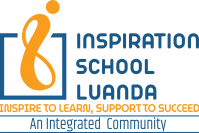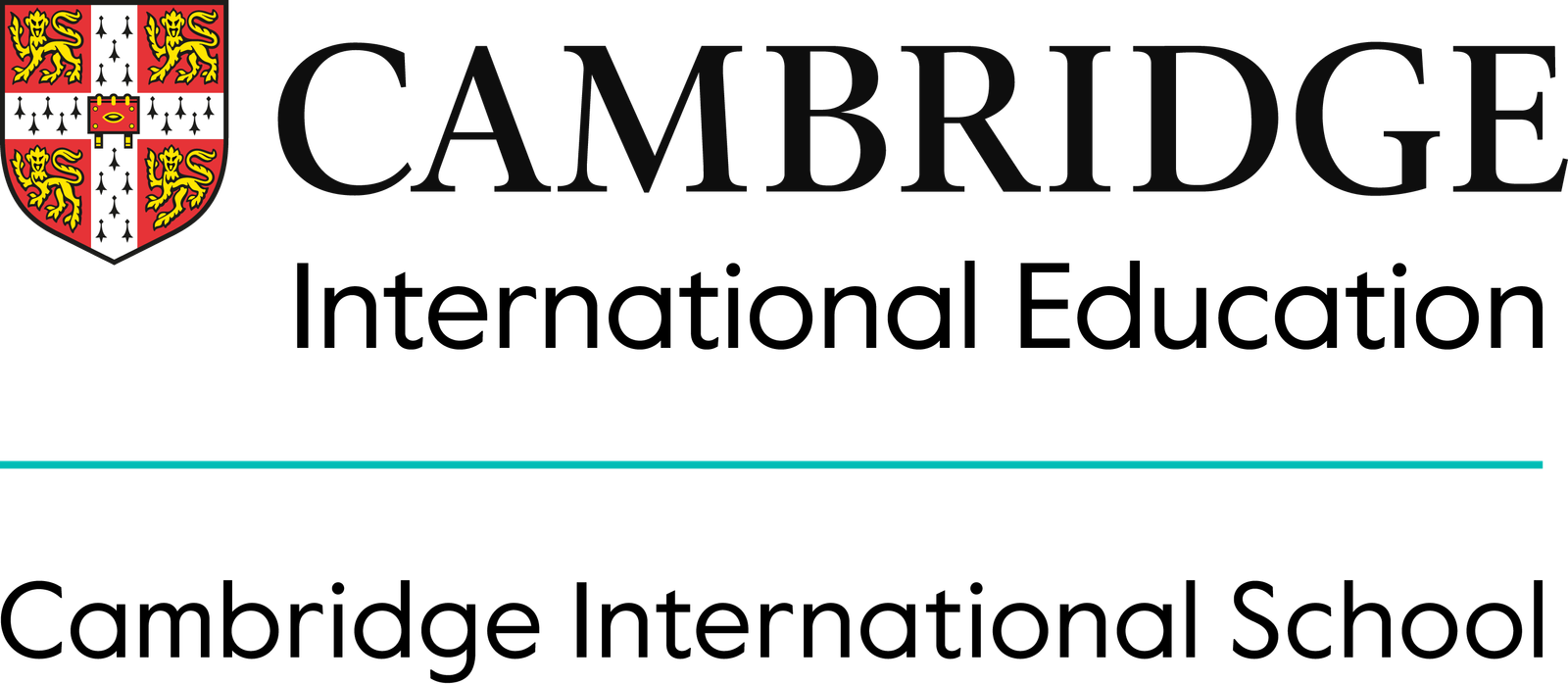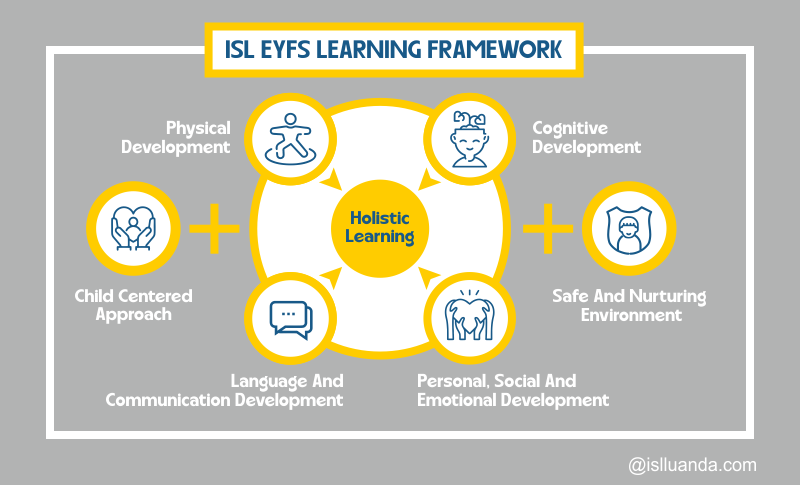EYFS recognizes that children’s development is interconnected. It does not focus solely on academics but nurtures a well-rounded foundation for lifelong learning. Focuses on the whole child—cognitive, emotional, social, and physical development.Encourages learning through play, exploration, and active engagement. This holistic approach ensures that children develop essential life skills alongside their academic learning, preparing them for future education and personal growth.
- Physical Development of child :Focuses on fine and gross motor skills through activities like drawing, climbing, and balancing exercises.
- Cognitive Development of child: Encourages curiosity, problem-solving, and early literacy & numeracy skills through play-based learning.
- Language & Communication skills of child :Supports language acquisition and effective communication through storytelling, role play, and conversations.
- Personal Social & Emotional Development of child :Social & Emotional Development – Builds confidence, resilience, and positive relationships through interactions with peers and adults.



